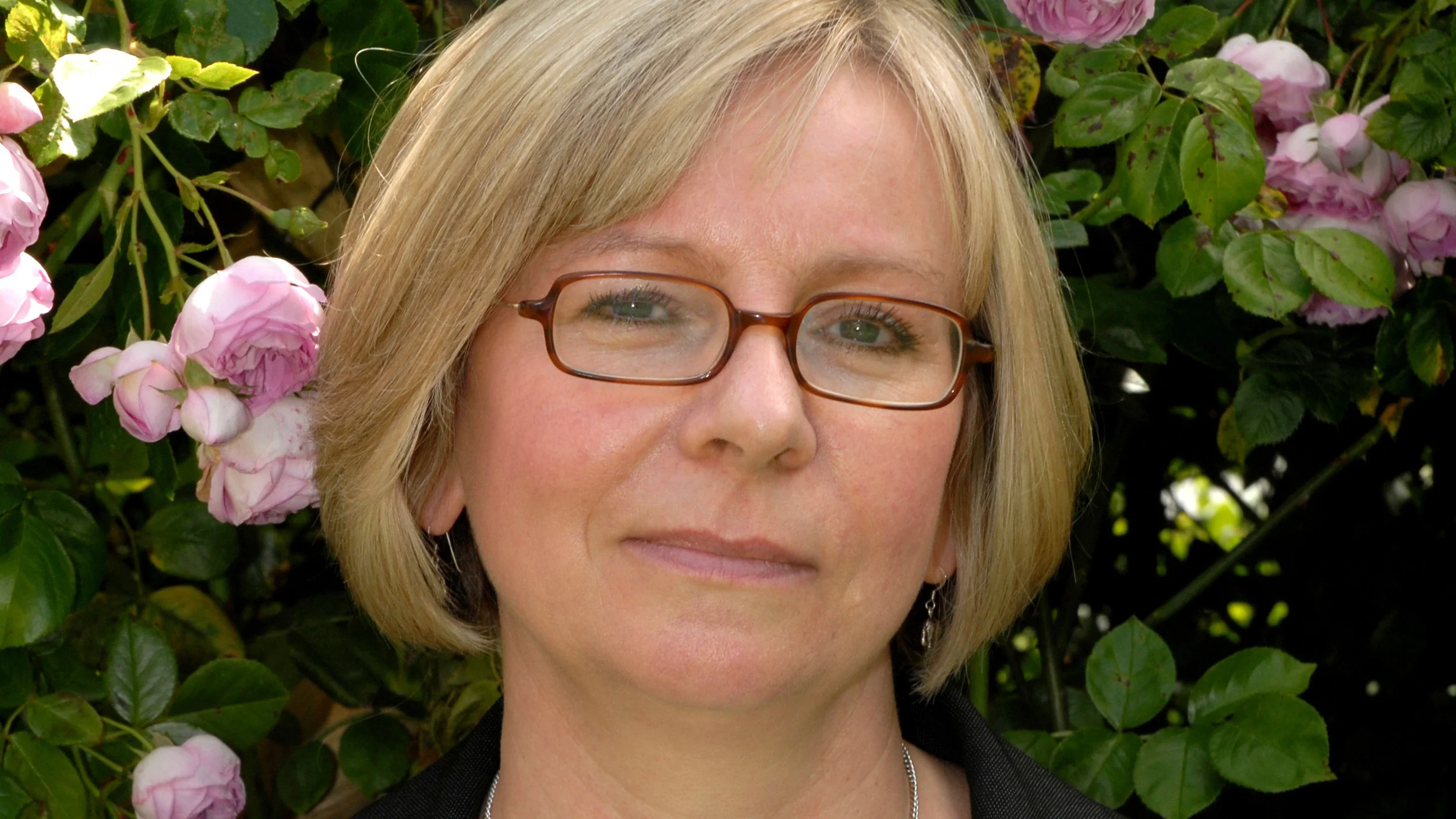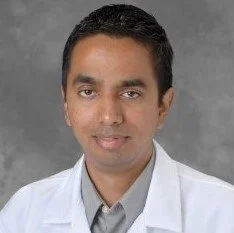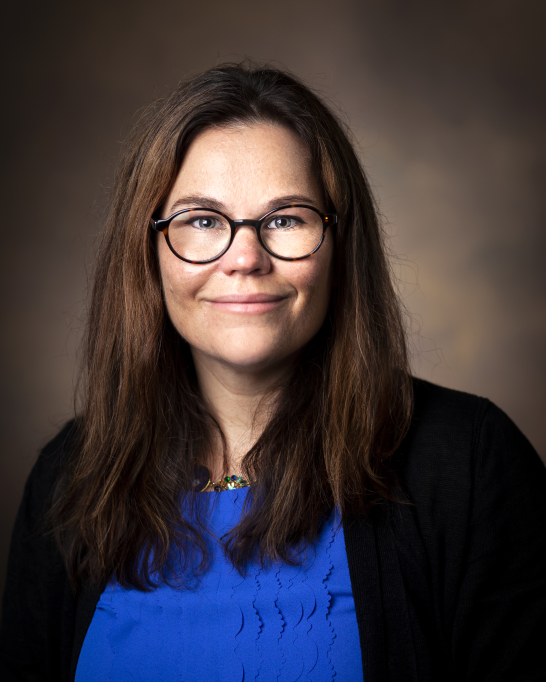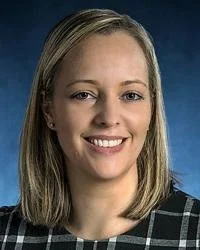Scientific Advisory Board
Professor Julian Parkhill, Frs
Chief Advisor, Bioinformatics Pipeline Development
Professor Julian Parkhill, one of the world’s foremost experts on pathogen whole genome sequencing and its application, is a Fellow of the Royal Society with over 500 peer-reviewed publications and recipient of numerous honors. He is a widely recognized expert in pathogen sequencing, having been on the Sanger Institute team that sequenced Mycobacterium tuberculosis in 1997, one of the first bacterial whole genome sequences ever produced. Since then, in roles that have included both Director of Sequencing as well as Head of Pathogen Genomics at the Sanger Institute, Prof. Parkhill has overseen or participated in the direction and analysis of perhaps the largest volume of pathogen sequencing in the field. Now Professor of Bacterial Evolution at the University of Cambridge, his immense publication record includes landmark studies on the use of WGS for transmission detection and outbreak definition (Harris et al 2010), as well as studies defining the current methods to determine antibiotic susceptibility from sequence (Holden et al 2013), tracking the global spread of pathogens (Ruis et al 2021) and computational methods to detect highly transmissible lineages (Lefrancq et al 2025).
Professor sharon Peacock, CBE
Chief Advisor, Clinical Application Development
Professor Sharon Peacock, one of the world’s foremost experts on the application of pathogen whole genome sequencing to the detection of transmission, holds the position of Director, Bloomsbury Institute, London School of Tropical Medicine and Disease, along with honorary positions at the University of Cambridge and the Sanger Institute. Dr. Peacock has pioneered the application of whole genome sequencing for the detection and prevention of the transmission and spread of infections, and was recently senior author on a landmark study establishing the present infection control practices fail to detect most infection transmission (Coll et al, Science Translational Medicine, 2017). Awarded the Commander of the British Empire for her work in this field, Dr. Peacock oversees a Wellcome Trust/UK Department of Health consortium that is conducting the first use of prospective WGS to prevent outbreak, at Addenbrooke’s Hospital in Cambridge, UK.
DR. Paul Blainey
Dr. Blainey is a core faculty member at the Broad Institute of MIT and Harvard, where he serves as principal investigator for the Blainey Lab. The lab leverages molecular, optical, and microfluidic technologies to investigate and manipulate cellular activities. His team researches combinatorial screening for drug discovery and microbial ecology, pooled optical genetic screening in human cells, among other topics. Dr. Blainey has been recognized for his prolific career in single cell genomics.
Dr. Daniel Rhoads
Dr. Daniel Rhoads completed clinical pathology training at the University of Pittsburgh Medical Center before training in Medical Microbiology at Cleveland Clinic. He holds board certifications from both the American Board of Medical Microbiology and the American Board of Pathology. He currently serves as the Director of Bacteriology and Section Head of Clinical Microbiology at the Cleveland Clinic where he holds the Belinda Yen-Lieberman, PhD, and James M. Lieberman, MD, Endowed Chair in Clinical Microbiology.
Before his current roles, Dr. Rhoads has served as CLIA license holder and co-Director of the National Prion Disease Pathology Surveillance Center, he was the Director of Microbiology at University Hospitals Cleveland Medical Center.
Dr. Rhoads is an Associate Professor in the Department of Pathology at Case Western Reserve University's Cleveland Clinic Lerner College of Medicine (July 2024).
DR. LINOJ SAMUEL
Linoj Samuel, Ph.D., D(A.B.M.M.) is the Division Head for Clinical Microbiology for Henry Ford Health. In this role, he provides leadership and oversight of infectious disease diagnostics for an integrated health care network spread across five hospitals and 30+ medical centers in southeast Michigan.
Samuel received his Ph.D. in microbiology and immunology from the University of Arizona, where he focused on the factors impacting the intracellular survival of Mycobacterium tuberculosis. He then completed the medical microbiology and public health fellowship at the University of Rochester, N.Y. He is currently Chair of the American Society for Microbiology Clinical and Public Health Microbiology Committee (CPHMC).
Samuel's research is primarily focused on novel rapid methods for diagnostics and susceptibility testing. This includes inter-disciplinary work on diagnostic stewardship to improve cost effective care and test utilization for optimal patient outcomes. He has also published on laboratory accreditation, quality improvement and metrics to identify errors in clinical microbiology laboratories and reduce the potential for patient harm. Samuel's focus also includes a body of work on the role of point-of-care testing in clinical microbiology laboratories.
Samuel is currently Co-Chair of the Education Committee for the Pan American Society for Clinical Virology and most recently served as the Chair of the American Society for Microbiology Committee for Postgraduate Educational Programs (CPEP).
ROMNEY HUMPRIES, PH.D., D(ABMM), M(ASCP)
Romney Humphries, Ph.D., D(ABMM), is a professor in the Department of Pathology, Microbiology and Immunology at Vanderbilt University Medical Center, where she also serves as the Director of Infectious Diseases Laboratories and the Director of the Division of Laboratory Medicine. Humphries received her Ph.D. in bacteriology from the University of Calgary, Canada and a clinical and public health microbiology CPEP fellowship at the University of California, Los Angeles.
Humphries is passionate about clinical microbiology and antimicrobial resistance in particular. Having spent several years in diagnostic industry, she is a champion for the development of novel diagnostic tests for infectious diseases to transform how patients with infections are managed. She is an editor for the Journal of Clinical Microbiology, and a member of the Clinical and Laboratory Standards Institute (CLSI) Antibiotic Susceptibility Testing (AST) Subcommittee, the College of American Pathologists (CAP) Microbiology Committee, the American Society for Microbiology (ASM) Professional Practices Committee, and vice-chair of the Infectious Diseases Society of America Diagnostics Committee.
TRISH JEANNE SIMNER, PH.D.
Dr. Patricia (Trish) Simner received her Ph.D. in 2011 at the University of Manitoba in Winnipeg, Manitoba, Canada. Her Ph.D. research was funded by the successful application for the prestigious Alexander Graham Bell Canadian Graduate Scholarship Award from the Natural Sciences and Engineering Research Council in Ottawa, Ontario, Canada. In Dr. Simner's thesis work, she studied the epidemiology and molecular characterization of ESBL- and AmpC β-lactamase-producing Enterobacteriaceae isolated in Canadian hospitals from 2005-2009. Her work as part of the Canadian Antimicrobial Resistance Alliance has resulted in a total of 25 peer-reviewed publications from 2007 to date with greater than 30 abstract presentations at national and international conferences. From her Ph.D. work she is a known researcher in the area of mechanism of antibiotic resistance, in particular β-lactam resistance among Gram-negative bacteria.
After obtaining her Ph.D., Dr. Simner completed a two year Clinical Microbiology Fellowship at the world renowned Mayo Clinic in Rochester, MN. During her time at the Mayo Clinic she was involved in the evaluation, development and implementation of novel molecular diagnostic tools such as matrix-assisted laser-desorption ionization time-of-flight mass spectrometry and polymerase chain reaction electrospray ionization mass spectrometry. Her time at the Mayo Clinic was very productive and resulted in 6 book chapters, 5 national and international conference presentations, 4 peer-reviewed publications, 2 case-reports and 1 invited review article. In addition, she was promoted to Assistant Professor of Laboratory Medicine and Pathology at the Mayo School of Graduate Education due to her excellence in teaching and mentoring. At the completion of her Clinical Microbiology Fellowship she became board-certified in Medical Microbiology by the American Board of Medical Microbiology. From her fellowship work she is known in the Clinical Microbiology field for developing and evaluating novel diagnostic platforms.
At the completion of her fellowship Dr. Simner returned to her home Province in Manitoba, Canada and worked as a Clinical Microbiologist at St. Boniface Hospital and as an Assistant Professor at the University of Manitoba in the Department of Infectious Diseases and Medical Microbiology for 13 months. She continued her research focus on antimicrobial resistance mechanisms and her collaborations with the Canadian Antimicrobial Resistance Alliance. She was able to continue her productivity during this transition period with two peer-reviewed publications.
From there Dr. Simner was welcomed as Assistant Professor of Pathology and Director of the Bacteriology and Parasitology sections of the Medical Microbiology Laboratory in March, 2015. In her short time at Johns Hopkins she has submitted multiple grant submissions, publications and is involved in interdisciplinary research collaborations. Dr. Simner continues her research in the areas of gram-negative bacterial resistance mechanisms with a focus on carbapenem-resistant gram-negative bacilli and novel diagnostic tools for infectious diseases such as next-generation sequencing.
Dr. Simner is also active in the Clinical Microbiology communities by participating on committees and as a reviewer for the Journal of Clinical Microbiology.






